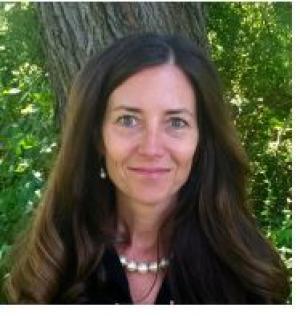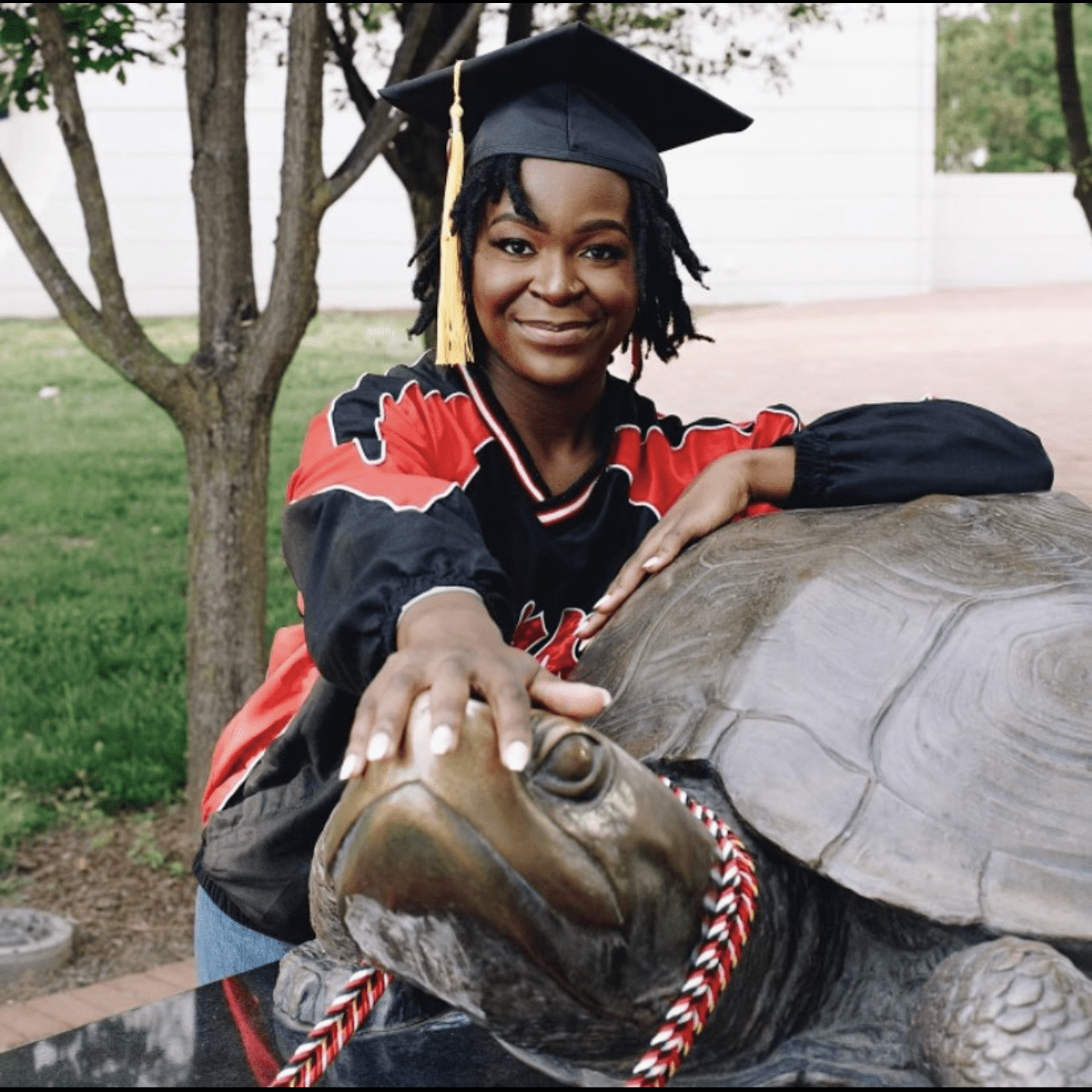Civic Engagement for Social Good
Inspiring community collaboration and meaningful change
Introduction
The world critically needs changemakers committed to understanding social issues and collaborating alongside their communities to foster meaningful change. In Civic Engagement for Social Good (CESG), previously known as CIVICUS, students work with organizations addressing a range of societal challenges, including poverty, food insecurity, housing insecurity, child welfare, education, political activism, animal rights, and the environment. Students explore:
- Issues impacting local communities
- Organizations that are addressing pressing social issues
- Ways to engage in hands-on work in civic engagement
- Strategies for deliberative dialogue in a multicultural world
- Methods to leverage their strengths to make sustainable change
CESG coursework and community engagement activities operate in tandem, creating a synergy that enhances the overall student experience. Coursework provides an opportunity for students to explore the root causes of social needs and strategies for addressing social concerns that they see during their work in the community, while service projects and co-curricular activities create an environment for students to implement what they learn in the classroom.
As an interdisciplinary program, CESG students represent a wide range of academic interests and majors. Civic Engagement for Social Good encourages students to ground their work in their passions, academic majors, and professional interests.
Through their shared passion for social good and engagement in co-curricular activities, CESG students form a close cohort who develop strong friendships and support each other throughout their time at UMD.
Colloquium and Lecture Topics
- The complexities and the structures that cause social issues
- Concepts related to the theories and practices of civic engagement
- Models for working towards positive social change
- Ways to engage in difficult conversations with empathy around differences of perspective, beliefs, and identities
[This program] has made me a kinder, more compassionate, more informed person. [It] gave me the opportunity to get my hands dirty, to engage in the community in ways I never thought I could. [It] has taught me that it takes a village but also that I can make tremendous change myself..providing me with more opportunities for learning and character-building than I would've gotten in any other program or club.
Other Learning Opportunities
Students are actively engaged in UMD, College Park and surrounding areas, and Washington, DC annually completing over 1,000 hours of volunteer work. Students can choose from over 100 projects per year with a wide array of partner organizations.
Students:
- Participate in civic engagement projects. Recently, students have acted as mentors for local elementary students, planted trees to increase the canopy in Washington, DC, served meals from a mobile soup kitchen, handled dogs at a humane rescue adoption event, canvassed on behalf of political candidates, and captioned videos to ensure accessibility for a wider community.
- Take trips to Washington DC and the surrounding area where they participate in scavenger hunts, visit memorials, monuments, and museums, and attend baseball games, cultural heritage events, and the performing arts.
- Meet guest speakers, including politicians, staff members from local non-profit organizations, and local community leaders and activists
- Participate in community-building activities, such as challenge courses, trivia nights, bingo, BBQs, and study breaks
CESG staff provide the planning, logistical support, and transportation for most activities. All second-year students also participate in a capstone experience for academic credit. The capstone can include an internship, extensive work with a non-profit, or affiliated experiential learning courses. Students in the past have held internships in local and national politics, non-profits, high-profile media outlets, medical facilities, research labs, mentoring organizations, and peer dialogue training. The capstone gives students authentic experiences and skills that help support their academic work, career goals, and future community engagement efforts.
Curriculum Overview
Over the two-year program (four semesters), students complete 12-credit hours that count toward their CESG Scholars citation. The following table represents a typical two-year curriculum. Details about courses and requirements can be found on the CESG Citation Checklist
| SEMESTER | COURSE | CREDITS |
|---|---|---|
| Semester 1 | CPCV 100: Colloquium I | 1 credit |
| CPCV 225: Intro to Civic Engagement for Social Good | 3 credits | |
| Semester 2 | CPCV 101: Colloquium II | 1 credit |
| Semester 3 | CHSE 328C: Intergroup Dialogue (DVCC) | 1 credit |
| Semester 4 | CPCV 230: Internship; or CPCV 240: Service-Learning; or CPCV 250: Research; or |
3 credits 3 credits 3 credits |
| Semester 1, 2, 3, or 4 | Supporting Course (var. Gen Ed) | 3 credits |
Sponsoring College
Office Address
1103 Centerville Hall
Office Email
Faculty


Deborah Omotoso
News and Notes, Etc.
Civic Engagement for Social Good News
‘All-in’ Public Leadership Alum Offers Lessons for Other Scholars
Katie Bemb hadn’t intended on becoming a Terp. As a high school senior, she applied to the University of Maryland (UMD) regular decision but was strongly considering another university in the Washington, DC, metro area. That inclination began to change after her best friend—who had applied early action to UMD—got accepted into College Park Scholars. Students who apply early action are automatically considered for the living–learning program. “Once my friend told me about Scholars, I started to look more into it,” Bemb says. “And once I read more about the different Scholars programs, I started to get excited about UMD. When I read the description for Public Leadership Scholars, I felt like I was meant to be in the program.”
From Softball to Swab Kits: SDU Supports Leukemia and Lymphoma Society for 5th Year
More than 20 years ago, a University of Maryland sophomore created a Scholars-wide charity softball tournament for his Scholars practicum project. His project has since grown and evolved into the Scholars Cup, a year-round fundraising competition for charity. Every fall, each Scholars program selects a charity based on individual program theme or student interest. It then fundraises for that organization for the remainder of the year. Students can earn points through service projects and community events, which builds community and incentivizes involvement throughout the year. These efforts culminate with the spring charity softball—now kickball—tournament.
On Global Handwashing Day, GPH Students, Preschoolers Discuss ‘the Best Vaccine’
Washing your hands is serious business—something that the students at the University of Maryland’s Center for Young Children are learning hands-on. “Our kids wash their hands all the time,” says Director Mona Leigh Guha, of the center’s 3- to 6-year-old students. The state requires certain handwashing protocols in licensed preschools, and frankly, it’s good practice. Handwashing with soap is widely recognized as one of the easiest and most effective ways of preventing disease. “Handwashing is the best vaccine,” observes Elisabeth Maring, director of the Global Public Health (GPH) Scholars program. GPH is sponsored by the School of Public Health.
Media Scholar, and TerpsVote Rep, Urges Students to Use Their Voice and Vote
Throughout my childhood, I remember waiting in long lines in the cold with my parents at my local middle school on Election Day. My parents are immigrants; my dad is from El Salvador, and my mom is from the Ukraine. The right to vote wasn’t really something that was represented well in either of their countries. So when they became U.S. citizens, being able to vote was really important to them. For them, it was meaningful to be able to vote every Election Day and to know that every vote counted.
Tubman Byway Excursion Prompts New Lessons in Maryland Migration History
“You’re going to Meredith Farm after this?” asked our tour guide, Matt Meredith, as I stood in the cramped interior of the Bucktown Village Store with 16 first- and second-year Scholars. “It’s on the Byway list,” I explained. “That was my family’s farm. There’s nothing there anymore,” Matt said.
Scholars Alums Honored at 2018 Citation Awards
More than a thousand College Park Scholars arrived on campus in fall 2016, the largest freshman class in Scholars history. This citation class went on to make an impact across the community, including raising a record-setting $19,315 for charities in the Scholars Cup competition. On Friday, Sept. 24, College Park Scholars celebrated this class with our annual Citation Awards Ceremony. The Scholars Citation Awards celebrates those select citation earners who have enriched the life of our community by putting Scholars values into action. Four students from each of the 12 programs were recognized with Outstanding Achievement and Outstanding Citizenship Awards (two for each category for each program).


